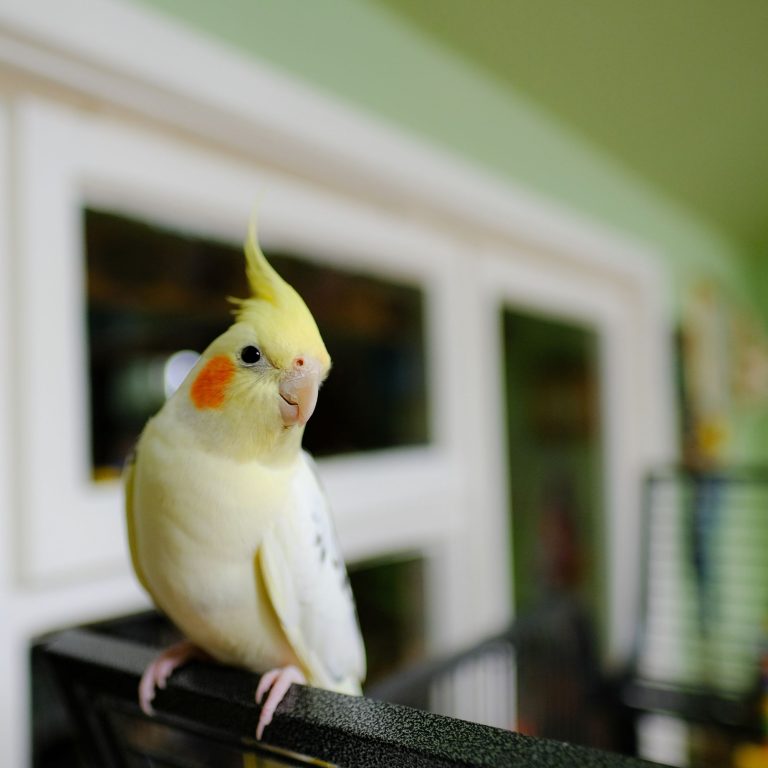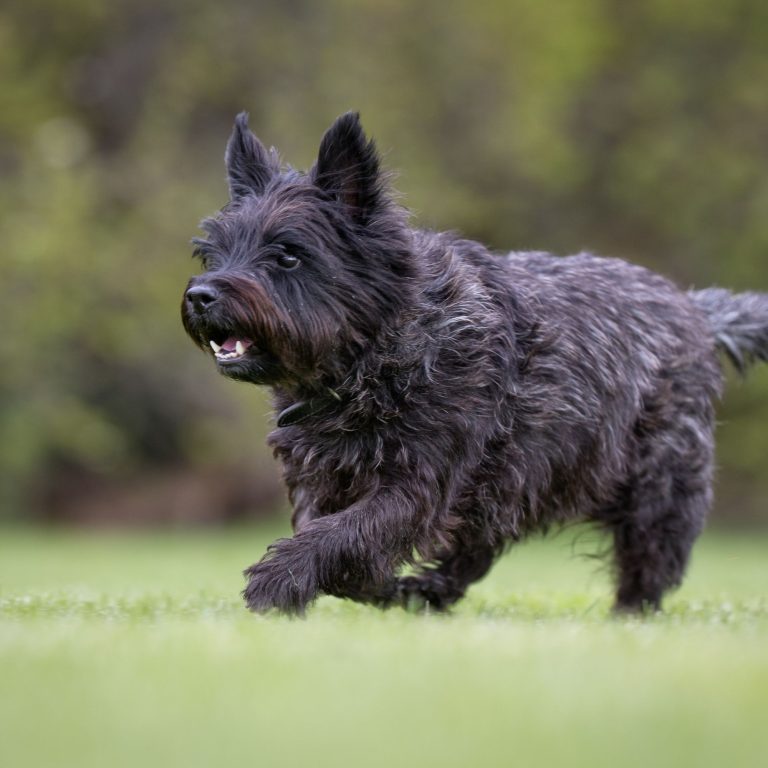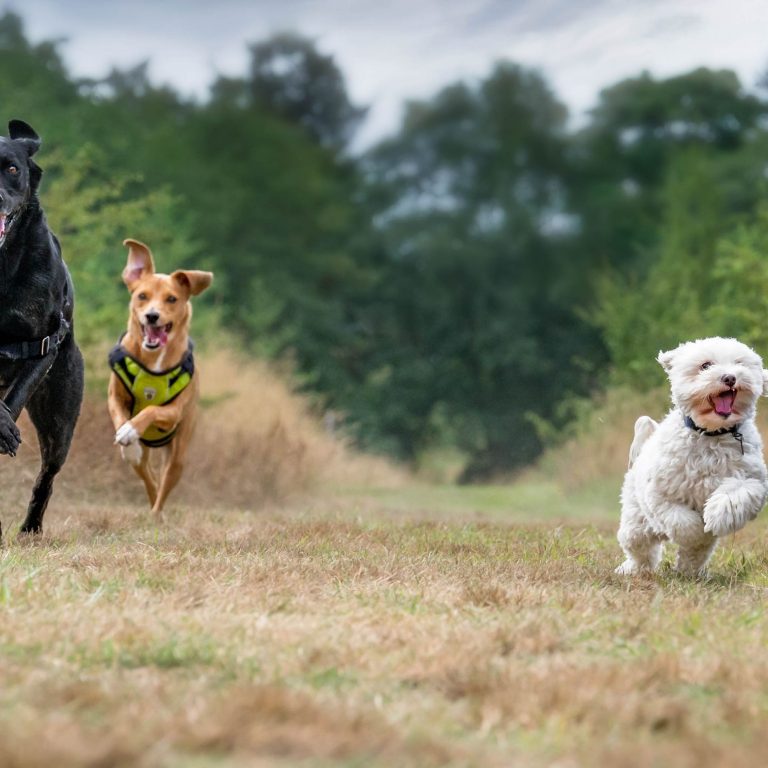Take Flight with Confidence: Enhance Your Birds Safety with a GPS Collar
The Importance of Bird Safety
As a responsible pet owner, ensuring the safety of your beloved bird is of utmost importance. Understanding the risks that pet birds face and taking appropriate measures to enhance their safety is crucial. One effective way to enhance bird safety is by using GPS collars.
Understanding the Risks for Pet Birds
Pet birds face various risks that can compromise their safety and well-being. Some common risks include accidental escapes from open windows or doors, getting lost during outdoor outings, and exposure to hazardous substances or predators. Birds are naturally curious and can fly long distances, making it challenging to locate them if they wander away.
Enhancing Safety with GPS Collars
GPS collars provide an effective solution for enhancing the safety of pet birds. These collars utilize advanced GPS tracking technology to monitor and locate your bird’s whereabouts. By attaching a GPS collar to your bird, you gain the ability to track its location in real-time, providing you with peace of mind and the ability to quickly respond in case of any emergencies.
With the help of a GPS collar, you can monitor your bird’s movements and receive alerts if it strays beyond a predefined safe zone. This gives you the opportunity to take immediate action to retrieve your bird and prevent any potential harm. Additionally, GPS collars can also provide valuable data on your bird’s behavior and activity patterns, allowing you to better understand and care for their needs.
To learn more about the benefits of GPS collars and the technology behind them, check out our article on bird gps tracking.
By utilizing a GPS collar for your bird, you can significantly enhance their safety and minimize the risks associated with accidental escapes or getting lost. However, it’s important to consider certain factors when choosing a GPS collar to ensure its effectiveness. The next section will explore the key features to consider when selecting a GPS collar for your bird.
Introducing GPS Collars for Birds
When it comes to ensuring the safety and well-being of your beloved pet bird, a GPS collar can be a game-changer. With advancements in technology, GPS collars designed specifically for birds have become available, offering pet owners peace of mind and an added layer of security.
How GPS Collars Work
GPS collars for birds utilize global positioning system (GPS) technology to track and monitor the location of your feathered friend. The collar is equipped with a GPS receiver that communicates with satellites to determine the bird’s precise location. This information is then transmitted to a mobile device or computer, allowing you to monitor your bird’s whereabouts in real-time.
The GPS collar collects data at regular intervals, providing you with a detailed history of your bird’s movements. Some advanced models even offer additional features, such as setting up virtual boundaries or receiving alerts if your bird wanders beyond a specified area.
Benefits of GPS Collars
The benefits of using a GPS collar for your bird are numerous. Here are a few key advantages:
-
Location Tracking: With a GPS collar, you can quickly and accurately locate your bird if they happen to fly away or become lost. This feature can be especially crucial in unfamiliar environments or outdoor settings where the risk of escape or injury is higher.
-
Peace of Mind: Knowing that you have the ability to monitor your bird’s location at any given time provides peace of mind. Whether you are at home or away, you can be reassured that your feathered companion is safe and secure.
-
Early Warning System: In the event that your bird does venture outside of a designated area, the GPS collar can alert you immediately. This allows you to take prompt action and retrieve your bird before they stray too far.
-
Data Insights: GPS collars provide valuable data insights into your bird’s behavior and movement patterns. By analyzing this information, you can gain a better understanding of their preferences, habits, and potential risks they may encounter.
It’s important to note that GPS collars for birds come in various sizes and designs to accommodate different bird species and sizes. When selecting a GPS collar, consider the specific needs of your bird and ensure that the collar is a proper fit.
By utilizing a GPS collar, you can enhance the safety and security of your beloved bird. With the ability to track their location and receive real-time updates, you can provide them with the freedom to explore while ensuring their well-being. To learn more about bird GPS tracking and other related topics, check out our article on bird gps tracking.
Features to Consider
When choosing a GPS collar for your bird, there are several important features to consider to ensure the best tracking experience. These features include GPS tracking accuracy, battery life and charging, and durability and waterproofing.
GPS Tracking Accuracy
The accuracy of the GPS tracking is crucial in ensuring you can precisely monitor your bird’s location. Look for a GPS collar that utilizes advanced GPS technology to provide accurate and real-time location updates. The collar should have reliable satellite connectivity and a high signal strength to ensure accurate tracking, even in areas with limited coverage. For more information on different bird tracking technologies, you can refer to our article on bird tracking technology.
Battery Life and Charging
To ensure continuous tracking, it’s essential to consider the battery life of the GPS collar. Look for a collar with a long-lasting battery that can withstand extended periods of use. Additionally, consider how the collar charges. Some collars may require regular charging, while others may have replaceable batteries. Choose a collar that aligns with your preferences and the needs of your bird. For more information on bird tracking devices, including battery life, visit our article on bird tracking devices.
Durability and Waterproofing
Birds are active creatures that can encounter various environments and weather conditions. It’s important to choose a GPS collar that is durable and waterproof to withstand these challenges. Look for collars made from sturdy materials that can withstand impact and resist damage from scratching or pecking. Additionally, ensure the collar is waterproof to protect it from rain or accidental immersion. This will ensure the collar remains functional and reliable even in adverse conditions. For more information on bird tracking systems, including durability and waterproofing, you can refer to our article on bird tracking systems.
Considering these key features will help you find a GPS collar that meets your bird’s tracking needs. Remember to assess the specific requirements of your bird and select a collar that offers the best combination of accuracy, battery life, and durability. By choosing a reliable GPS collar, you can enhance the safety and security of your feathered friend.
Finding the Right GPS Collar for Your Bird
When it comes to choosing the right GPS collar for your bird, there are several factors to consider. Finding a collar that fits properly, is easy to use and set up, and offers additional features can greatly enhance your bird’s safety and your peace of mind.
Sizing and Fit
Ensuring that the GPS collar fits your bird properly is essential for its comfort and safety. Collars that are too loose may slip off, while those that are too tight can cause discomfort or restrict movement. When selecting a GPS collar, pay attention to the sizing guidelines provided by the manufacturer. Measure your bird’s neck circumference accurately and choose a collar that allows for a secure yet comfortable fit. Some collars may offer adjustable straps or multiple size options to cater to different bird species and sizes.
Ease of Use and Set-Up
Opt for a GPS collar that is user-friendly and straightforward to set up. The last thing you want is to struggle with complex instructions or spend excessive time trying to configure the collar. Look for collars that come with clear instructions and intuitive interfaces. Some collars may require syncing with a companion app or a base station, so consider the compatibility with your smartphone or computer. Choosing a collar that offers a seamless set-up process will make it easier for you to start tracking your bird’s location promptly.
Additional Features to Look For
While the primary function of a GPS collar is to track your bird’s location, many models come with additional features that can enhance the overall experience. Some collars may offer geofencing capabilities, allowing you to set virtual boundaries for your bird’s movement and receive notifications if they wander outside those boundaries. Other collars may have activity monitoring, providing insights into your bird’s daily exercise levels. Consider the features that align with your specific needs and the well-being of your bird.
To help you make an informed decision, here’s a table comparing different GPS collars for birds:
| Feature | Collar A | Collar B | Collar C |
|---|---|---|---|
| Sizing Options | Small, Medium, Large | One Size Fits All | Small, Medium |
| Ease of Set-Up | Moderate | Easy | Advanced |
| Geofencing | Yes | No | Yes |
| Activity Monitoring | Yes | No | Yes |
Finding the right GPS collar for your bird involves considering factors such as sizing and fit, ease of use and set-up, and additional features. By selecting a collar that meets your bird’s specific needs and provides comfort and security, you can enhance their safety and increase your peace of mind. For more information on bird GPS tracking, check out our article on bird gps tracking.
Using a GPS Collar Safely
Once you’ve equipped your bird with a GPS collar, it’s important to ensure its safe and effective use. Here are some key considerations for using a GPS collar safely:
Monitoring Your Bird’s Location
With a GPS collar, you have the ability to monitor your bird’s location in real-time. Take advantage of this feature by regularly checking the tracking device or accessing the associated mobile app or website. This allows you to keep an eye on your bird’s whereabouts and provides peace of mind, especially if your bird tends to wander or fly away.
It’s important to note that GPS collars may have limitations in certain environments, such as areas with poor satellite reception or dense foliage. Familiarize yourself with the device’s capabilities and any potential limitations to ensure accurate tracking. For more information on bird GPS tracking, you can refer to our article on bird GPS tracking.
Proper Maintenance and Care
To maintain the functionality and longevity of the GPS collar, it’s essential to practice proper maintenance and care. Regularly inspect the collar for any signs of wear or damage, such as frayed straps or loose attachments. Replace any worn-out parts promptly to prevent the collar from becoming ineffective or posing a risk to your bird.
Ensure that the collar remains clean and free from debris or moisture. Follow the manufacturer’s instructions for cleaning and storage to prevent any damage to the device. Additionally, regularly check the battery life and recharge or replace it as needed. For information on battery life and charging, you can refer to our article on bird tracking devices.
Training and Familiarization
To make the most of the GPS collar, it’s important to train and familiarize your bird with the device. Introduce the collar gradually, allowing your bird to become comfortable wearing it before activating the GPS tracking feature. Use positive reinforcement techniques, such as treats or rewards, to associate the collar with positive experiences.
Take the time to train your bird to respond to the collar’s sound or vibration alerts, if applicable. This can help in situations where you may need to locate your bird quickly. By training and familiarizing your bird with the GPS collar, you enhance its safety and increase the chances of a successful reunion if it ever goes missing.
Using a GPS collar safely ensures that your bird can enjoy the benefits of enhanced safety and freedom while minimizing any potential risks. Remember to monitor your bird’s location, maintain and care for the collar properly, and train and familiarize your bird with the device. These steps contribute to a positive and safe experience for both you and your feathered friend.







